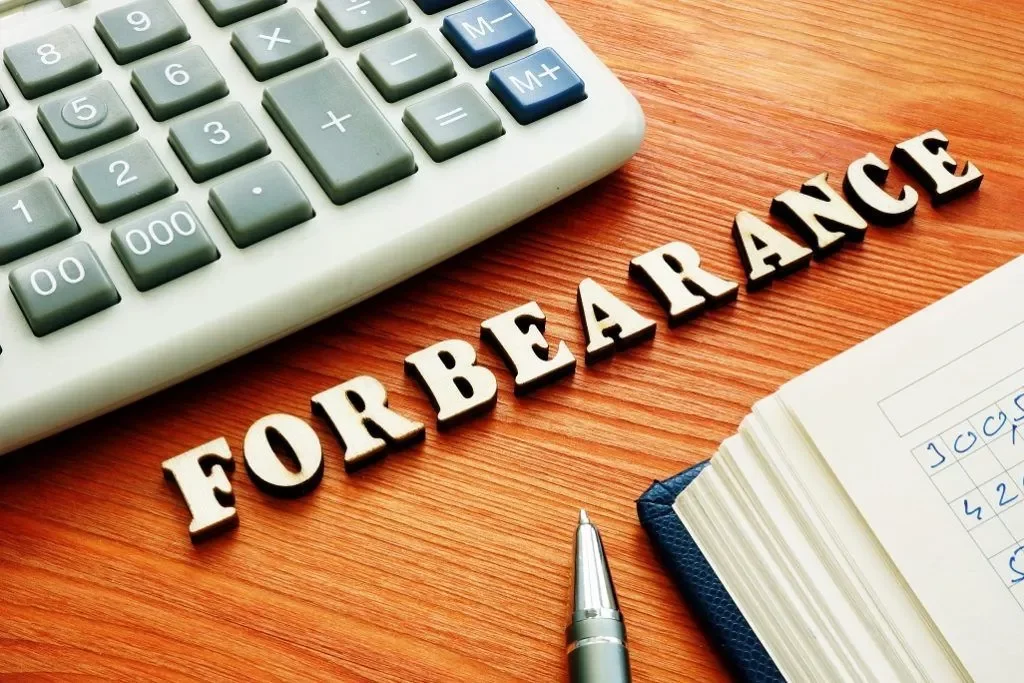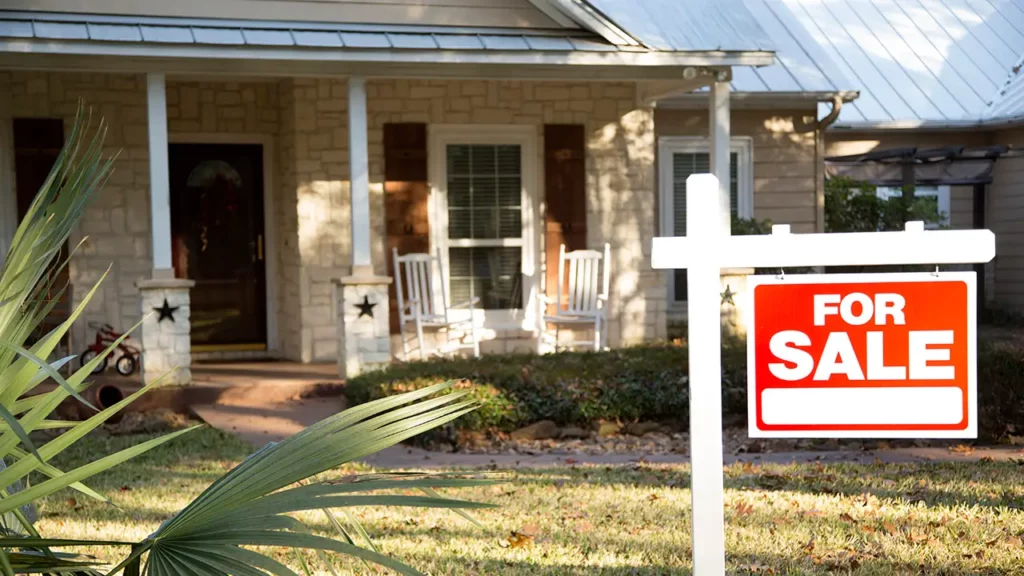
What to Do When You Can’t Make Your Mortgage Payment in Tampa
If you’re struggling to make your mortgage payment in Tampa, you’re not alone. Discover practical steps to take, from contacting your lender to exploring refinancing or selling options.
Being unable to make your mortgage payment is a stressful and overwhelming situation, but it doesn’t have to spell the end of your homeownership journey. If you’re a homeowner in Tampa and you’re struggling with mortgage payments, there are several steps you can take to prevent foreclosure and regain control of your financial situation. This comprehensive guide will walk you through your options, offering practical advice on what to do when you can’t make your mortgage payment.
Understanding the Situation: Why You Can’t Make Your Mortgage Payment
Before jumping into potential solutions, it’s important to understand why you’re unable to make your mortgage payment. Common reasons for missed payments include:
- Job Loss or Reduced Income: This is one of the most common reasons homeowners fall behind on their mortgage payments. In Tampa, a fluctuating job market can add uncertainty to your financial situation.
- Medical Bills or Emergencies: Unexpected medical expenses can quickly deplete savings, making it difficult to cover monthly expenses like your mortgage.
- Divorce or Separation: Divorce often results in one party having to take on the full mortgage payment, which can be unmanageable.
- Increase in Monthly Expenses: Rising living costs or increased interest rates can make it harder to keep up with mortgage payments.
- Natural Disasters: Tampa is prone to hurricanes and storms, which can cause significant property damage, making it difficult to keep up with payments.
Understanding the cause of your missed payments will help determine the best course of action. But don’t panic—there are several options available to you as a homeowner in Tampa.
Step 1: Contact Your Lender Immediately
The first step when you find yourself unable to make a mortgage payment is to contact your lender right away. Avoiding your lender or waiting too long can result in missed opportunities to find a solution.
Why Contacting Your Lender Is Crucial:
- Preventing Missed Payments: Lenders would rather work with you than go through the costly process of foreclosure. By communicating early, you might be able to avoid late fees or a negative mark on your credit.
- Exploring Mortgage Assistance Programs: Many lenders offer temporary forbearance, modification programs, or repayment plans for homeowners in financial distress. Tampa homeowners may also qualify for state-specific relief programs.
- Negotiating Loan Modification: If your financial situation has changed for the long term, a loan modification can adjust the terms of your loan to make your payments more manageable.
For more details about dealing with lenders, check out Equifax’s guide on debt negotiation with lenders, which provides helpful strategies for homeowners in financial hardship.
Step 2: Consider a Mortgage Forbearance

If you’ve missed a mortgage payment or anticipate difficulty making one, mortgage forbearance may be an option. Mortgage forbearance allows homeowners to temporarily pause or reduce mortgage payments for a set period.
What Is Mortgage Forbearance?
Mortgage forbearance is typically offered by lenders to help homeowners facing short-term financial hardship. During the forbearance period, your payments may be reduced or suspended altogether. Once the forbearance period ends, you’ll need to resume full payments, and the missed payments will typically be repaid over time or in a lump sum.
How Forbearance Works:
- Requesting Forbearance: You’ll need to reach out to your lender to request forbearance. Be prepared to explain why you’re unable to make your payments (e.g., job loss, medical issues).
- Eligibility and Terms: Your lender will determine whether you qualify for forbearance and what terms will apply. Make sure to get all details in writing.
Step 3: Explore Loan Modification Options
If you’ve already fallen behind on your mortgage payments and are facing long-term financial challenges, a loan modification may be a more permanent solution. A loan modification changes the original terms of your mortgage to make it more affordable based on your current financial situation.
What Is Loan Modification?
Loan modification typically involves reducing your monthly payments, extending the loan term, or adjusting the interest rate. In some cases, the lender may even agree to add missed payments to the end of the loan term.
Types of Loan Modifications:
- Interest Rate Reduction: Reducing your interest rate can lower your monthly payments.
- Loan Term Extension: Extending the term of the loan reduces monthly payments, though it might result in more interest paid over time.
- Principal Reduction: In rare cases, lenders may reduce the principal balance of the loan if the homeowner owes more than the property is worth.
Step 4: Consider Refinancing Your Mortgage
If you’re able to resume your mortgage payments but want to lower your monthly payments, refinancing could be a good option. Refinancing involves replacing your existing mortgage with a new loan, typically with better terms such as a lower interest rate or a longer loan term.
When Should You Consider Refinancing?
- You Have Equity in Your Home: If your home has increased in value and you have equity, refinancing could help you secure better loan terms.
- You Have Steady Income: Refinancing requires proof of income, so this may not be an option if you’re currently unemployed or have an unstable income.
Before proceeding with refinancing, it’s essential to check with local lenders and consider associated fees. You can find more information on refinancing options from Investopedia’s refinancing overview.
Step 5: Look Into Government Assistance Programs
Various government programs can provide financial assistance or guidance to Tampa homeowners facing financial hardship. These programs are designed to help homeowners stay in their homes and avoid foreclosure.
Available Government Programs:
- The Home Affordable Modification Program (HAMP): A federal program that helps homeowners modify their loans to make payments more affordable.
- Hardest Hit Fund (HHF): The Florida Hardest Hit Fund, funded by the U.S. Treasury, assists homeowners in Florida facing unemployment or significant income loss.
- FHA Mortgage Relief: If you have an FHA loan, you may qualify for relief through the FHA’s special programs.
Step 6: Consider Selling Your Home

If your financial situation doesn’t improve and you’re unable to keep up with mortgage payments, selling your home may be the best option. Selling your home for cash allows you to quickly pay off your mortgage, avoid foreclosure, and move on with your life. In Tampa, you can contact local cash home buyers who can offer you a fair price for your home, often closing the deal in as little as 7-14 days.
Benefits of Selling for Cash:
- Quick Sale: You can avoid the lengthy process of listing, showing, and waiting for buyer approval.
- Sell As-Is: No need for costly repairs or renovations.
- Avoid Foreclosure: Selling your home prevents foreclosure from affecting your credit.
Frequently Asked Questions (FAQs)
1. What should I do first if I can’t make my mortgage payment in Tampa?
The first step is to contact your lender immediately. Many lenders are willing to work with homeowners facing financial hardship, offering options like forbearance, loan modification, or repayment plans.
2. How long can I miss mortgage payments before foreclosure begins?
Foreclosure typically starts after 3-6 months of missed payments, but it varies depending on the lender and your specific situation. It’s important to address the issue early to avoid foreclosure.
3. Can refinancing help if I can’t make my mortgage payment?
Refinancing can be a good option if you’re able to resume payments but want to lower your monthly payments. You need steady income and sufficient home equity to qualify.
4. How do government programs help homeowners?
Government programs like HAMP, FHA mortgage relief, and the Hardest Hit Fund offer financial assistance or loan modifications to help homeowners avoid foreclosure.
5. What is the fastest way to get out of a mortgage if I can’t afford it?
If you’re unable to keep up with payments, selling your home for cash is a fast option. It allows you to pay off your mortgage and avoid foreclosure.
Taking Action to Save Your Home
When you can’t make your mortgage payment in Tampa, it’s important to take action quickly. Whether it’s contacting your lender, exploring forbearance or loan modification, or considering government assistance programs, there are multiple avenues to explore before foreclosure becomes inevitable. If all else fails, selling your home may be the most effective way to regain financial stability and avoid further stress.
Taking control of the situation early on can help you find a solution that works best for you, your family, and your financial future. Don’t wait—reach out to the necessary resources today and take the first step toward a better tomorrow.
